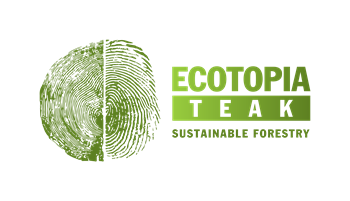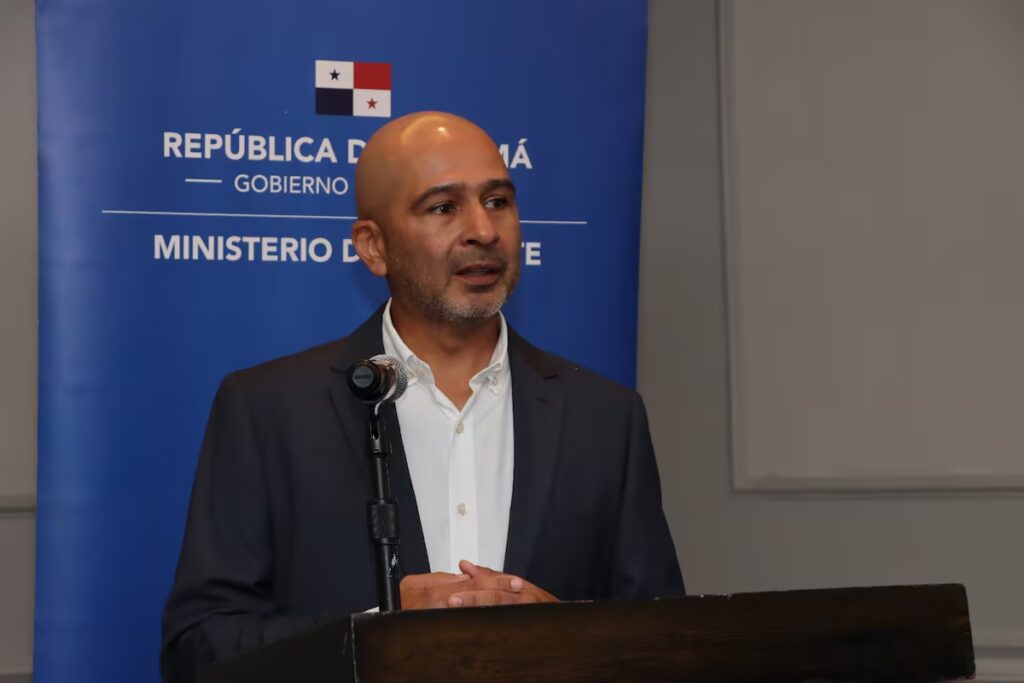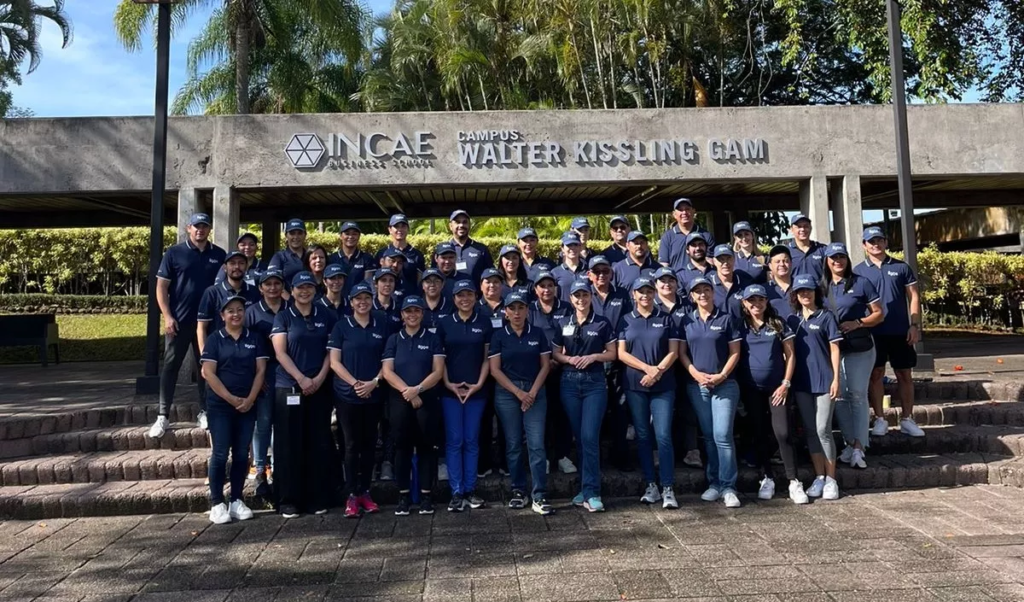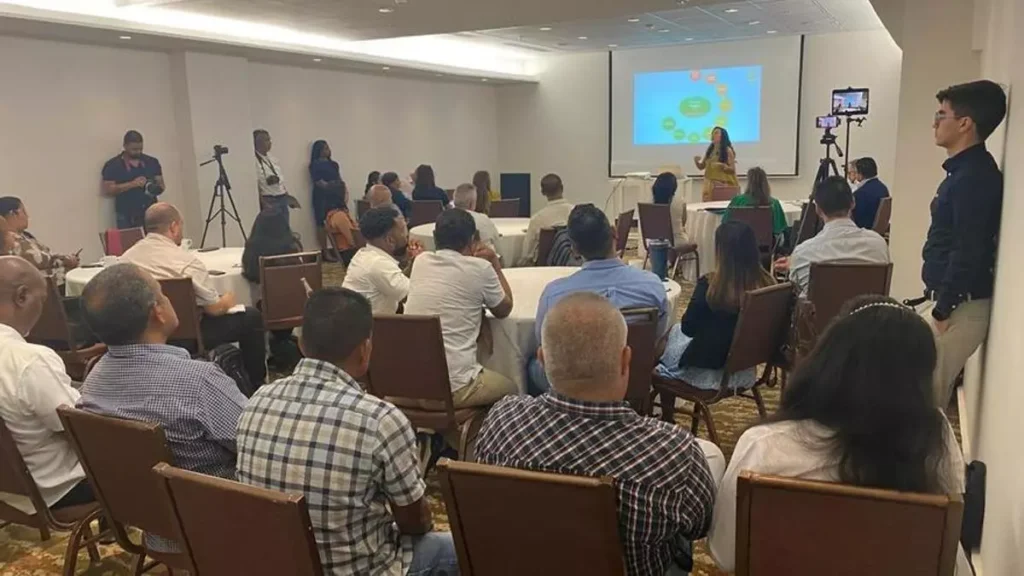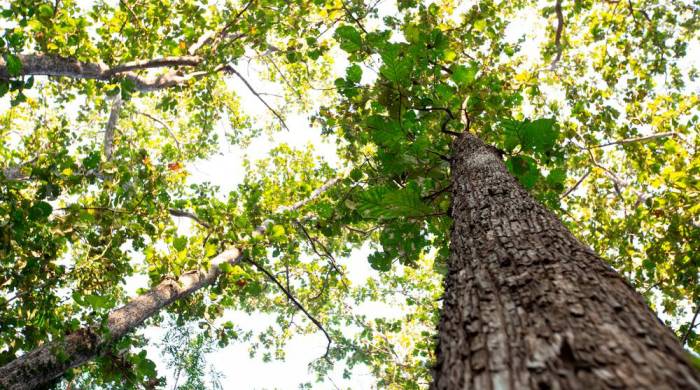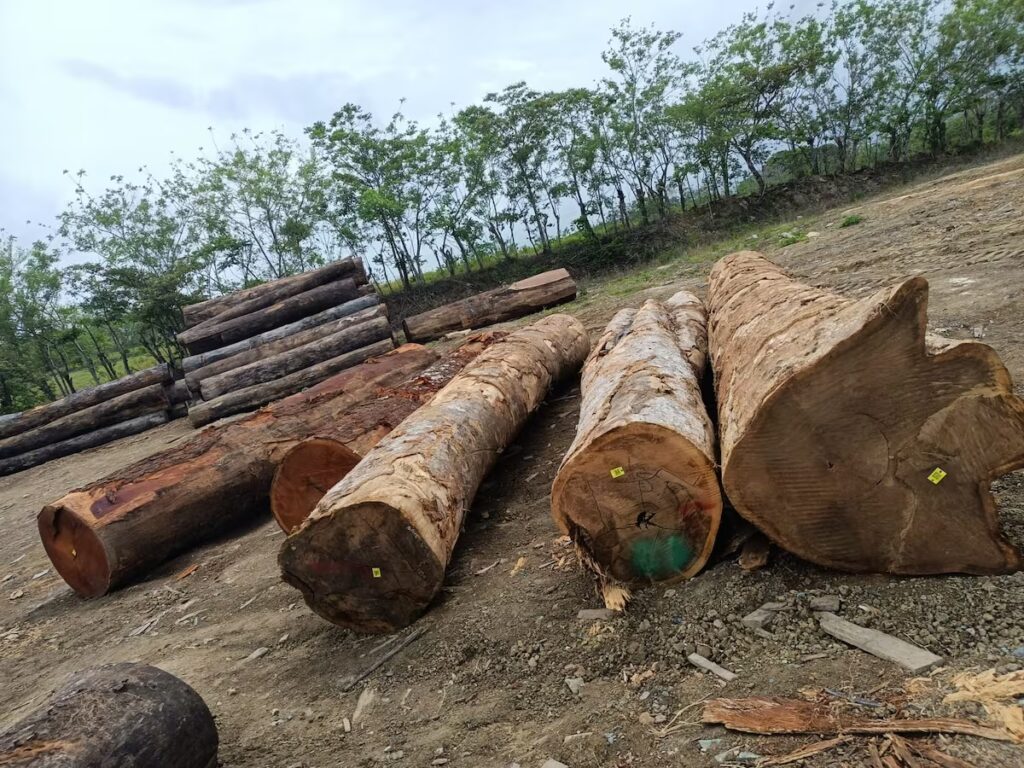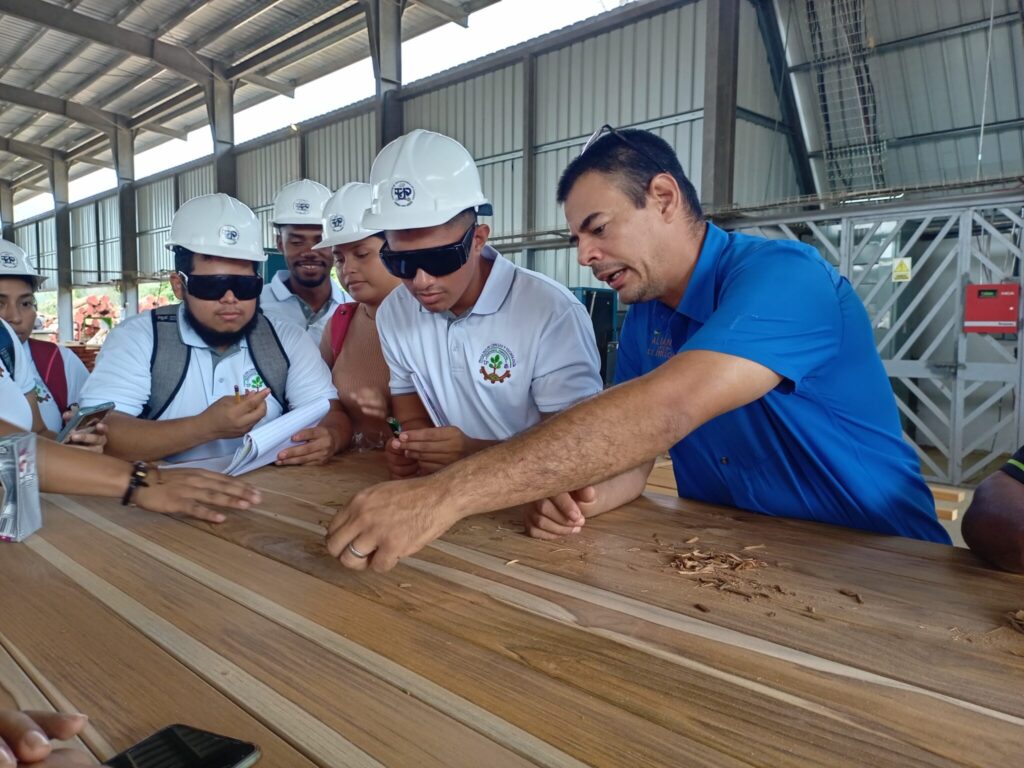Promoting Sustainable Forest Management in Panama with Strategic Alliances
The event made it clear that it’s not just about conserving forests but also ensuring that economic activities related to forest resources are carried out sustainably. The focus is on utilizing resources rationally, guaranteeing long-term benefits for the environment, society, and economy. In an effort to promote sustainable forest management and more responsible trade in Panama, around 50 communicators participated in a workshop organized by the Forestry Directorate (DIFOR) of the Ministry of Environment (MiAMBIENTE). This event, funded by the International Tropical Timber Organization (ITTO), highlighted the importance of ensuring that forest products come from legal sources and responsibly managed forests. The event made it clear that it’s not just about conserving forests but also about ensuring that economic activities related to forest resources are carried out sustainably. The focus is on utilizing resources rationally, guaranteeing long-term benefits for the environment, society, and economy. During the workshop, experts from the Ministry of Environment emphasized that proper forest management not only supports the country’s economic development but also environmental sustainability. Additionally, the importance of traceability and legality in forest activities was discussed, ensuring that the trade of these products has a positive and lasting impact. Among the specialists who shared their knowledge were Fernando Cerrera Gambetta from CATIE, John Jairo Manrique from WWF, Álvaro Castillo from DIFOR, and Rodney Delgado from the Technological University of Panama. The main topics included sustainable forest management and its impact on ecosystem conservation, traceability in forest product trade, and the properties of the most important wood species in the country. The event was not only theoretical but also included 10 business tables where 40 representatives from the forestry sector established strategic alliances between wood buyers and sellers, promoting legal and sustainable trade and creating new opportunities in the Panamanian market. Additionally, the Ministry of Environment took the opportunity to launch the second phase of the Legal Timber Network, an initiative aimed at consolidating a network among producers, marketers, and consumers to ensure that forest product trade in the country is fair and responsible. According to data shared by DIFOR, using statistics from the National Institute of Statistics and Censuses (INEC), the forestry sector has contributed 0.20% to Panama’s Gross Domestic Product (GDP) between 2010 and 2023, representing an average of 114.9 million balboas during that period. About us Ecotopia Teak, S.A., we are a family-owned company dedicated to reforestation, harvesting, and exporting wood from commercial plantations. We work under high production standards and with social responsibility to obtain high-quality wood according to the needs and demands of national and international markets. Additionally, we actively contribute to the local economy by creating employment opportunities in the communities where we operate. Our commitment is to lead the industry in sustainable reforestation and wood production, preserving our natural resources and building a greener and more sustainable future. Facebook-f Youtube Instagram More articles
Promoting Sustainable Forest Management in Panama with Strategic Alliances Leer más »
